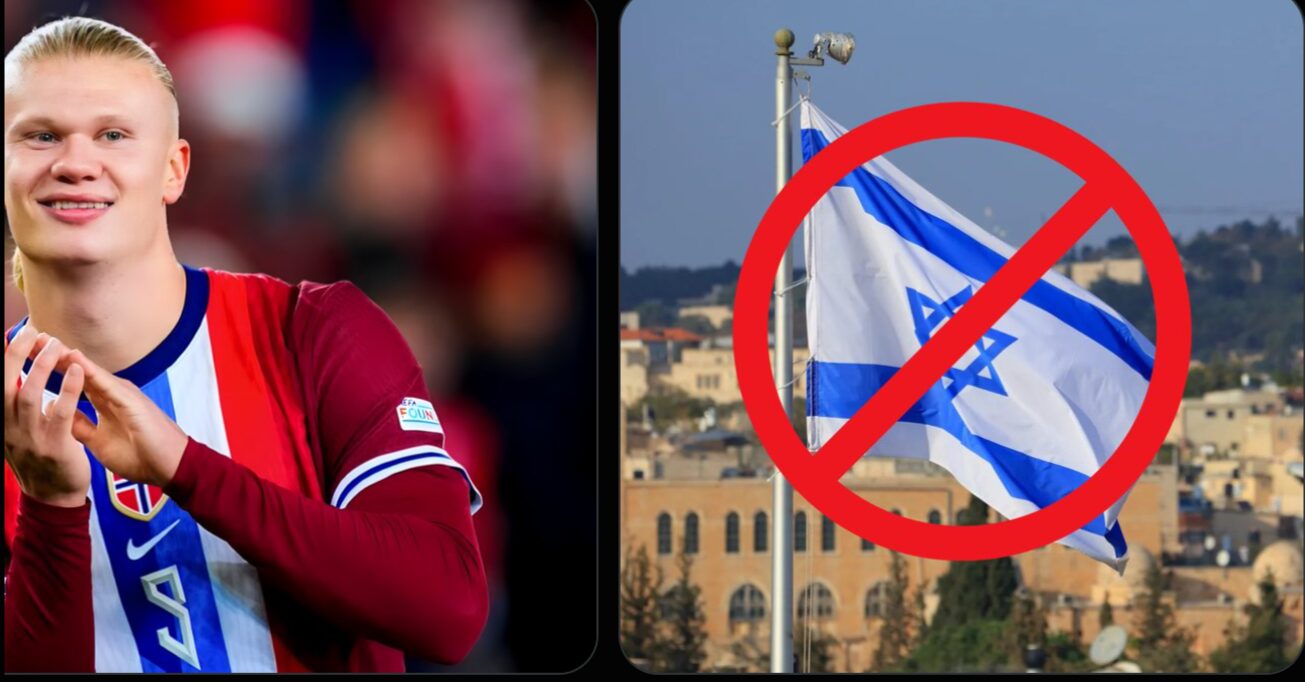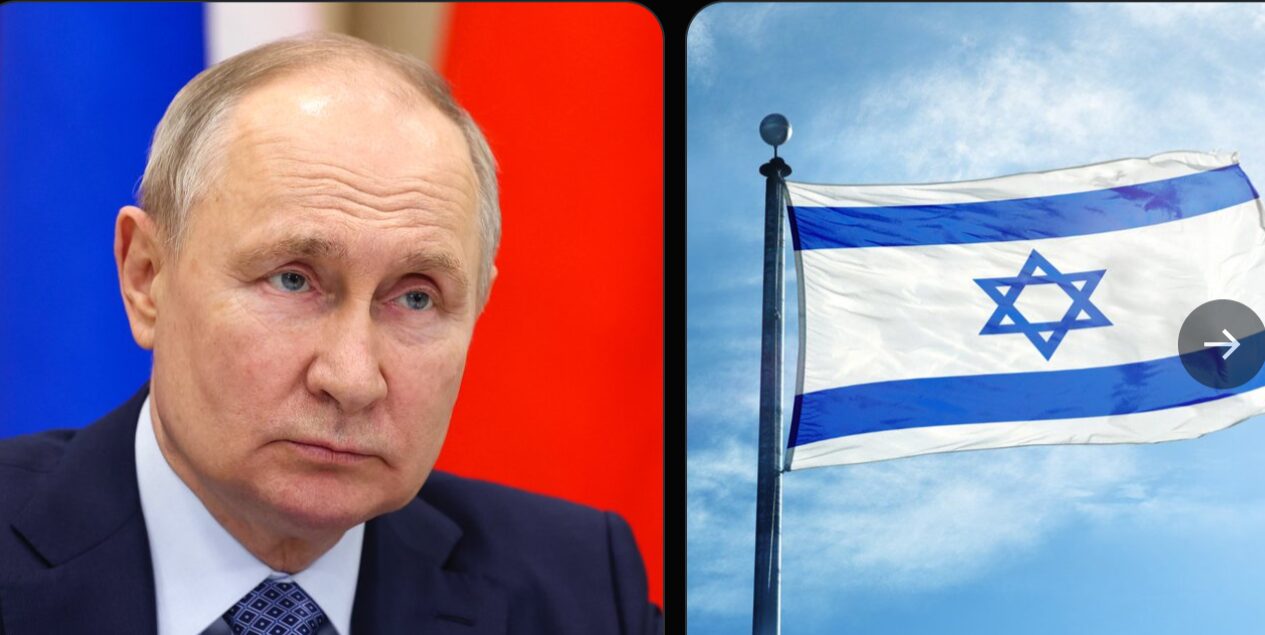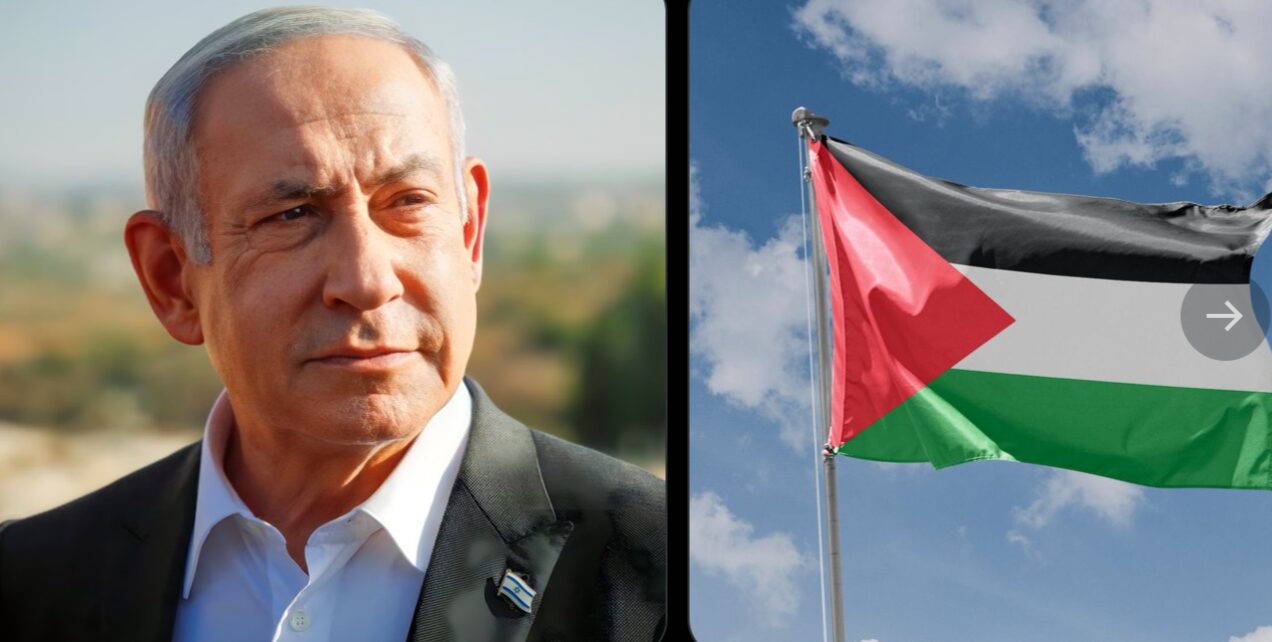Norwegian Football Federation REFUSES to face ISRAEL in the 2026 World Cup qualifiers, citing “GENOCIDE” in Gaza
Norwegian Football Federation Refuses to Play Israel in 2026 World Cup Qualifiers Over Gaza Genocide Claims
In a bold and controversial move, the Norwegian Football Federation (NFF) has announced that it will refuse to face Israel in the upcoming 2026 FIFA World Cup qualifiers. This decision comes in the wake of ongoing violence in Gaza, with the NFF citing concerns over human rights and allegations of genocide. The announcement has sparked fierce debates across the globe, with football fans, politicians, and human rights activists weighing in on what many consider a highly political stance.
But what led the Norwegian Football Federation to take such a strong position? How does this refusal impact the 2026 World Cup qualifiers, and what are the broader political and ethical implications? In this post, we’ll delve into the details of this decision and explore its potential ramifications for football and international relations.
What Exactly Did the Norwegian Football Federation Announce?
The Norwegian Football Federation recently made headlines by declaring that they will not play Israel in the 2026 World Cup qualifiers, citing humanitarian concerns and the ongoing conflict in Gaza. The NFF’s statement explicitly referred to the accusations of genocide in Gaza, expressing outrage over the situation and stating that they cannot, in good conscience, participate in a match against Israel under these circumstances.
The NFF’s refusal to face Israel in the qualifiers is not merely a sporting decision; it is a political and ethical stance regarding the conflict in Gaza, where Israel’s military actions have sparked international condemnation and protests. The Norwegian Football Federation has framed their decision as an expression of solidarity with the Palestinian people and a call for justice in the region.
The Root of the Controversy: The Gaza Conflict and Allegations of Genocide
The decision to refuse to play Israel cannot be understood without addressing the larger context of the Israeli-Palestinian conflict. The situation in Gaza has escalated over recent years, with numerous military operations leading to significant loss of life, widespread destruction, and humanitarian crises. Critics of Israel’s military actions, including the Norwegian Football Federation, have pointed to allegations of war crimes and genocide as key issues in the ongoing violence.
In the statement, the NFF referred to the alleged genocide in Gaza, a term that has been widely debated in international discourse. While the term “genocide” is a serious and legally defined term under international law, its application to the Gaza conflict remains a point of contention. Nonetheless, the Norwegian Football Federation has made it clear that they view the situation in Gaza as a human rights issue that transcends sports.
What Does This Decision Mean for the 2026 World Cup Qualifiers?
The Norwegian national football team was slated to face Israel in the 2026 World Cup qualifying matches, which are part of the rigorous process that ultimately leads to the global tournament. However, with Norway now refusing to play Israel, questions arise about what consequences this could have for both teams involved.
1. Impact on Norway’s Qualification Campaign:
Norway’s decision to not face Israel could lead to logistical and sporting challenges. FIFA, the governing body of world football, may decide to penalize Norway for refusing to participate in the scheduled match, potentially leading to forfeits or other sanctions. The World Cup qualification process is highly competitive, and every match counts. A forfeit could seriously impact Norway’s chances of qualifying for the 2026 tournament.
2. Diplomatic and Political Fallout:
The NFF’s decision has already triggered significant political reactions, not only within Norway but globally. Israeli officials have expressed outrage over the refusal, calling it an unjustified political stance that should not be taken within the realm of sport. On the other hand, supporters of the NFF’s position see this as an important act of solidarity with the Palestinian people and a stance against what they view as ongoing atrocities in Gaza.
FIFA and other international sporting bodies, like the Union of European Football Associations (UEFA), may also face pressure to intervene. The refusal to play a scheduled match could set a precedent for other national teams to use the World Cup qualifiers as a platform for expressing political views. This raises questions about where the line should be drawn between sport and politics, particularly in a tournament as prestigious as the World Cup.
3. Potential Impact on Other Nations:
The Norwegian Football Federation’s refusal to play Israel could influence other nations facing similar moral or political dilemmas. If other countries with strong positions on the Israeli-Palestinian conflict choose to follow Norway’s lead, we could see more instances where sports become entangled with international politics. However, such decisions could complicate the World Cup qualification process and strain relationships between nations with differing views on the conflict.
Ethical and Humanitarian Considerations
The NFF’s move to refuse a football match against Israel is largely driven by humanitarian concerns. By invoking the term genocide, the Norwegian Federation is highlighting the severity of the situation in Gaza and drawing attention to the broader conversation about human rights in conflict zones. The decision raises important ethical questions about the role of sport in addressing global injustices and whether athletes and governing bodies should take political stands.
While sport has long been seen as a unifying force, its history is also filled with instances where political and ethical considerations have intersected. From boycotts of the Olympics during the Cold War to protests against apartheid in South Africa, sports have often served as a platform for raising awareness of global issues. The NFF’s decision reflects a growing trend where sports and politics are increasingly interconnected, with organizations and athletes using their platforms to express their values and stances on key global issues.
The Bigger Picture: Is Football the Right Platform for Political Stances?
The Norwegian Football Federation’s refusal to face Israel prompts a larger question: Should football and other sports be used to make political statements? On one hand, sport is a powerful tool for promoting global unity and peace, but on the other, it is increasingly being used as a platform to bring attention to critical political and human rights issues. The balance between the two is complex, and the impact of decisions like the NFF’s could influence how other sporting bodies respond to similar situations in the future.
Final Thoughts: What’s Next?
The Norwegian Football Federation’s decision to refuse to play Israel in the 2026 World Cup qualifiers is a bold and controversial move that underscores the growing intersection of politics and sport. As the situation develops, it will be interesting to see how FIFA, UEFA, and other national football associations respond. For now, the eyes of the football world are on Norway as this unprecedented move raises crucial questions about the role of sport in the context of international politics and human rights.
Whether or not the NFF’s decision will have lasting consequences for both the 2026 qualifiers and the broader relationship between sport and politics remains to be seen. However, one thing is clear: this decision has already set the stage for a deeper conversation about the role of sport in reflecting and addressing global issues.

















Post Comment